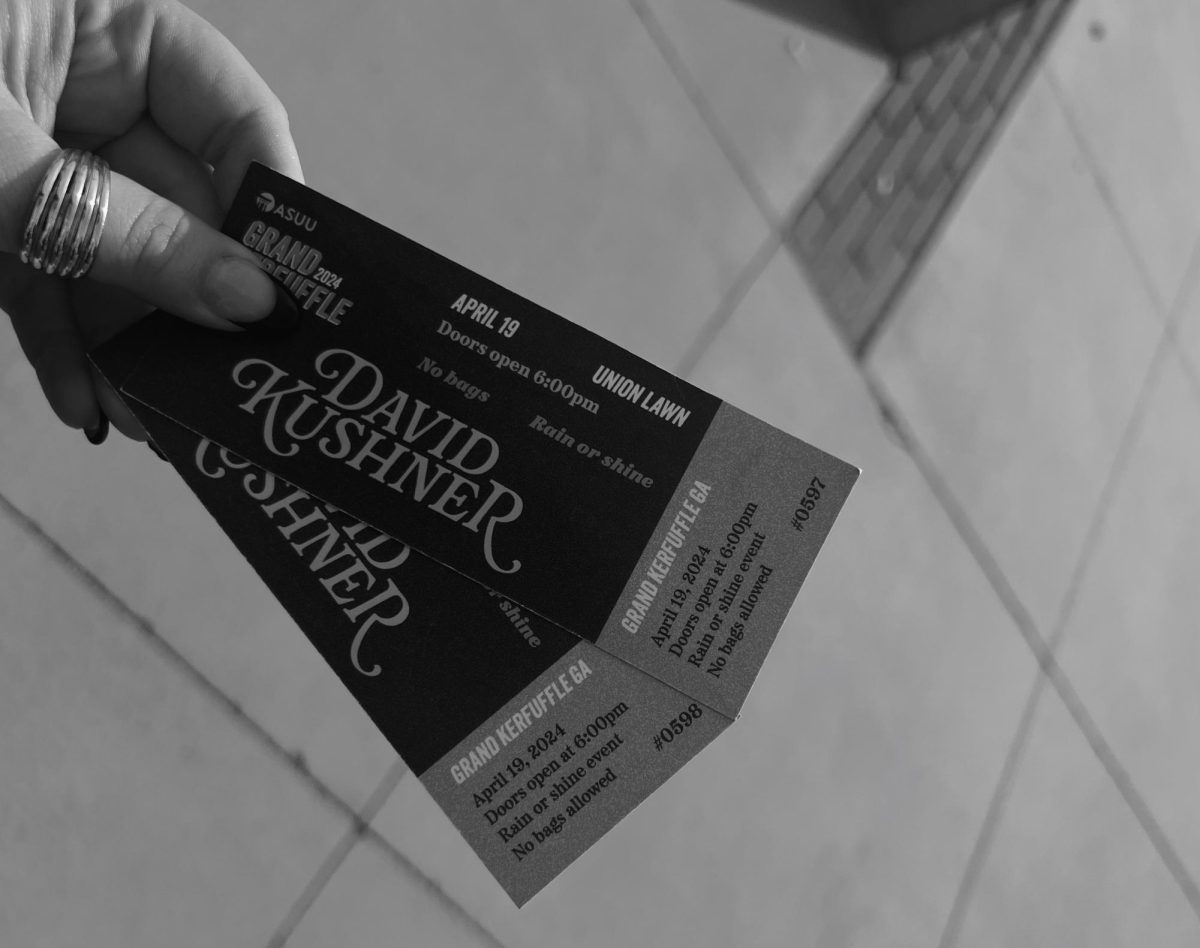Christian Hebbel, a German poet, wrote, “Genuine tragedies in the world are not conflicts between right and wrong. They are conflicts between two rights.”
Which brings us to the debate over House Bill 224 in this year’s legislative session. The bill, which would repeal the current law that gives in-state tuition to undocumented students, has caused more strife and debate than perhaps any other bill this year. Proponents of the bill argue that the current law allowing in-state tuition for undocumented immigrants violates federal law and encourages further illegal behavior. Detractors claim that denying tuition to students who’ve had no say in what laws their parents decided to break is un-American and oppressive.
After a lengthy debate and an incredibly close vote, the bill failed to pass the House on Tuesday, and was again shot down Wednesday when it failed a motion to reconsider. For the time being, the bill looks dead, but it probably won’t stay that way. Each year since 2002–when HB 144 passed, the bill that originally enabled undocumented students to qualify for in-state tuition–the Legislature has fought over repealing it. Next year likely won’t be any different.
On the surface, HB 224 seems simple, but it opens an ethical can of worms that gets messy very, very quickly. If we give in-state tuition to undocumented immigrants, we ARE breaking federal law and encouraging those immigrants to break further laws when they graduate and go looking for jobs. But on the other hand, how can we claim to be a land of opportunity when we don’t offer affordable education to one of our poorest demographics? So which side’s right?
They both are. And according to Hebbel, we now have a genuine tragedy on our hands. So it looks like we’re going to have to choose the lesser of two evils.
When HB 144 originally passed, many thought that even though it was in violation of federal law, it was a victimless violation that only served to benefit others. That is not entirely true. International U students who are in the country legally–of which there are around 2,000–have been slighted. After working hard to gain entry into the country through legal (and often difficult) means, these students are now being penalized for following the law to the tune of more than $6,000 a semester, and that’s wrong.
When we marginalize or, in the case of HB 144, flagrantly defy the law, we not only subject ourselves to the principal of unintended consequence (as in the case of the international students), but we place ourselves on a very slippery slope. Laws exist to hold society together, and, like a Jenga tower, the more blocks you remove, the more unstable it gets. When the motion to repeal the effects of HB 144 comes around again next year (and make no mistake that it will), lawmakers ought to examine the issue with their heads rather than their hearts and repeal the in-state tuition statute. In the meantime, they’d do well to write up a different bill–one that would continue to provide educational opportunities to immigrants without skirting the law or penalizing those who follow it.












